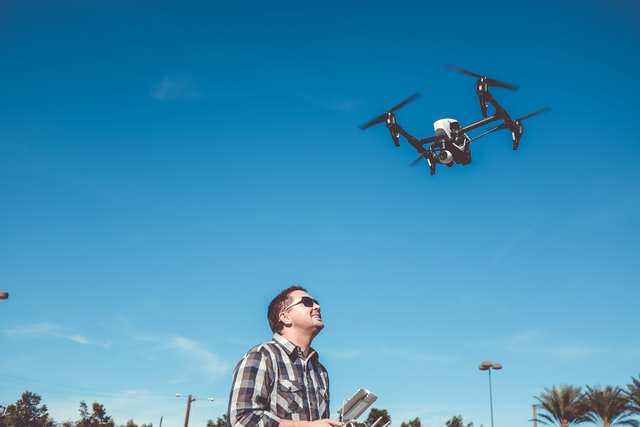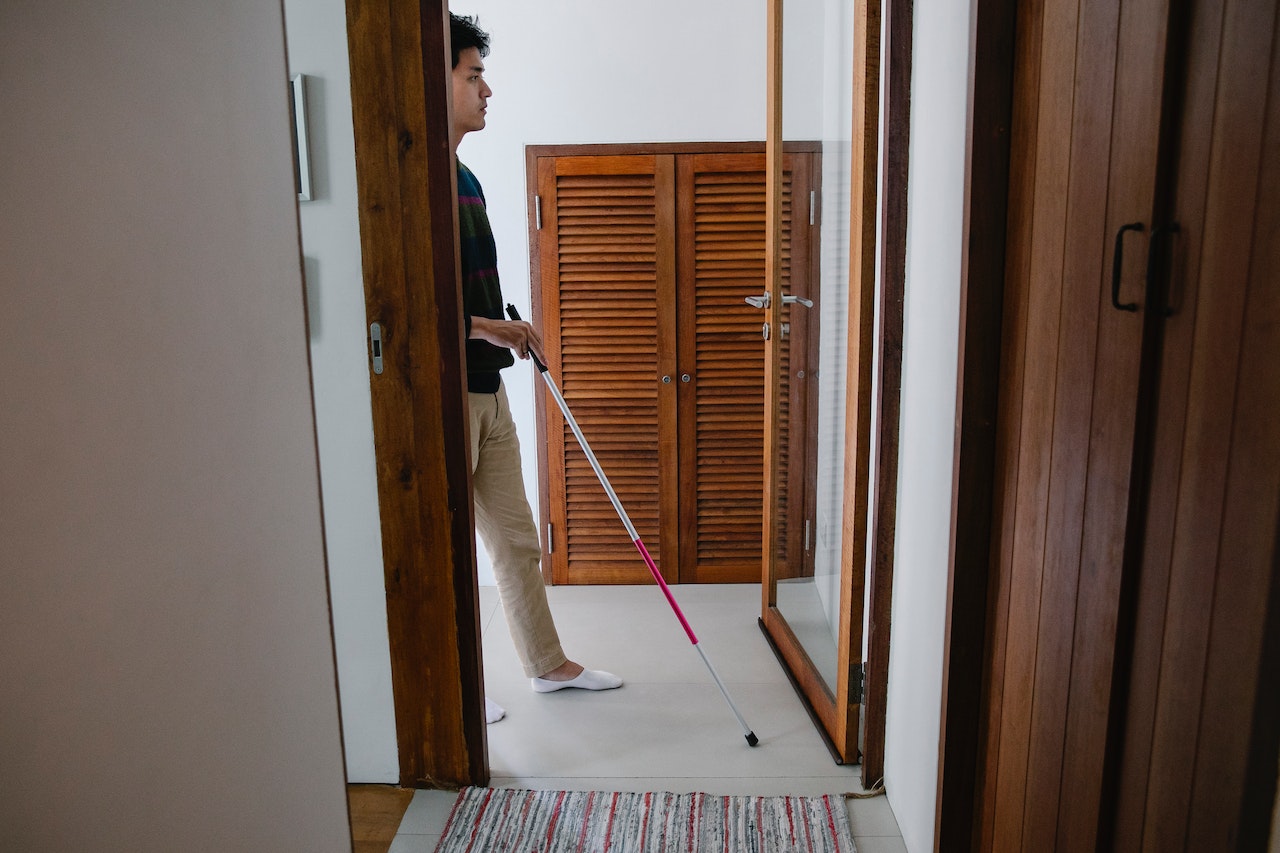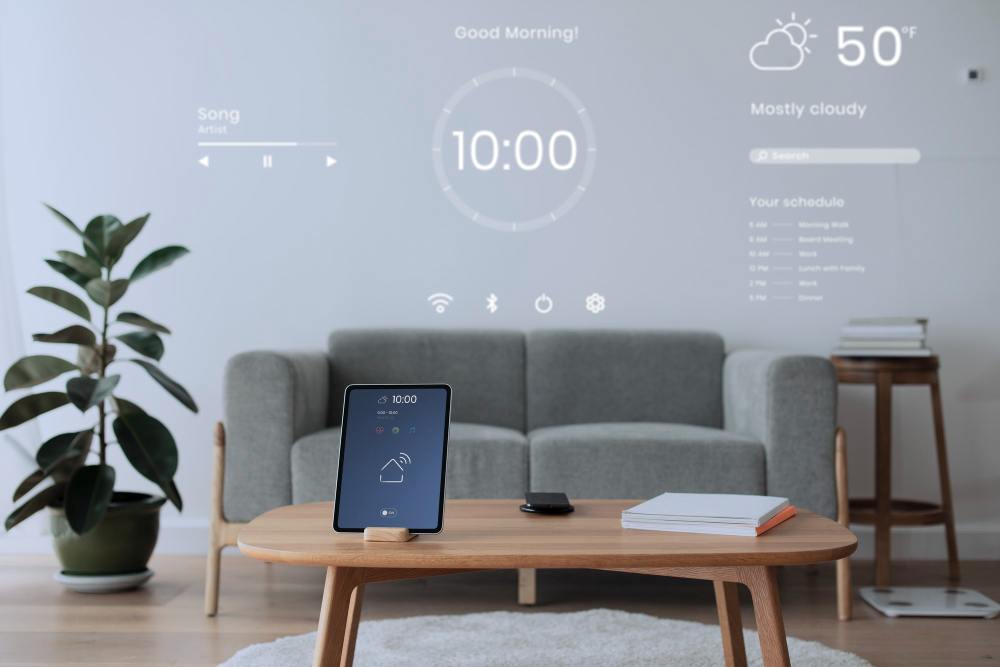Formally known as unmanned aerial vehicles, drones might more easily be thought of as flying robots. They can do all sorts of things like race, take aerial photographs, help locate lost pets, retrieve items from rooftops, and much more. If you or a member of your household is searching for a fun new activity or pastime to enjoy, flying drones offers numerous benefits and can provide hours of excitement. The more time you spend practicing operating your drone, the better you’ll become. Drones have many recreational and commercial uses today, and the list of commercial drone uses is only growing.
Fun with Drones
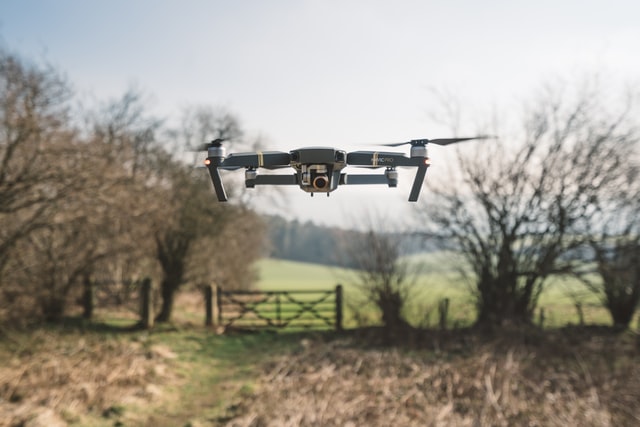
Flying drones can be tremendous fun whether you’re tech-savvy or not. If you’re not, you can expect to become more proficient in the skills needed to operate your drone. Of course, there are safety regulations to keep in mind (we’ll explore them in just a bit), but you can legally fly drones to enjoy a wide range of activities. For instance, here are just a few things you can do with your drone:
- View and map your home’s property
- Take selfies of yourself and your friends to post on social media
- Get an aerial view of your campsite
- Capture beautiful footage of natural attractions
Of course, you can do lots of practical things with your drone, such as inspecting your roof and gutters for signs of disrepair or checking for pest infestations.
Encourage Learning
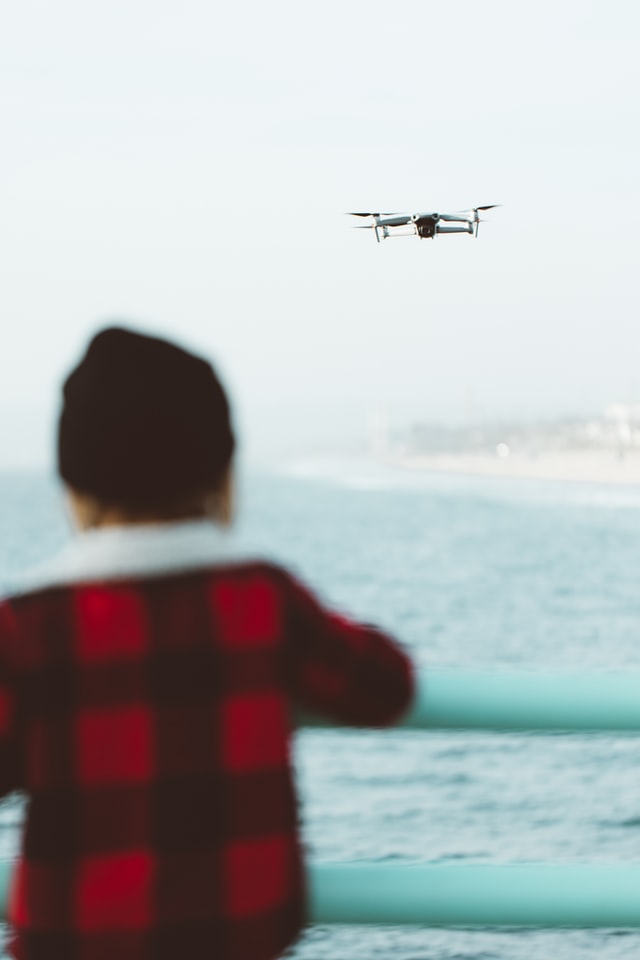
There’s a strong STEM (stands for science, technology, engineering, and math) aspect to drone flying that can enhance someone’s knowledge of robotics. Today, STEM-proficient workers are in high demand. Learning about drones, operating them, and developing STEM-related skills can provide drone enthusiasts with a wide array of practical uses for complex engineering and robotics theories. Many schools are incorporating drones into their curriculum and school activities. Once you learn to fly your drone, you or your student might join a drone club so that you can enjoy this new pastime with others.
Drones can also be an excellent tool for teaching kids about the responsible operation of these flying robots and safely operating them. People can legally fly drones recreationally, for education, and even for business. However, there are some rules regarding their use that drone operators must familiarize themselves with to fly their drones legally.
Launch a Small Business
Although starting a business might be the furthest thing from your mind now, you should be aware that many drone enthusiasts do transform their hobby into a business or side hustle. Some people earn income by using their drones to take aerial views of weddings or special sporting events. A drone can capture views from above that would be impossible to get otherwise. Other drone users earn income by putting their drones to work inspecting everything from residential roofs to wind turbines for signs of disrepair.
Drones and Safety
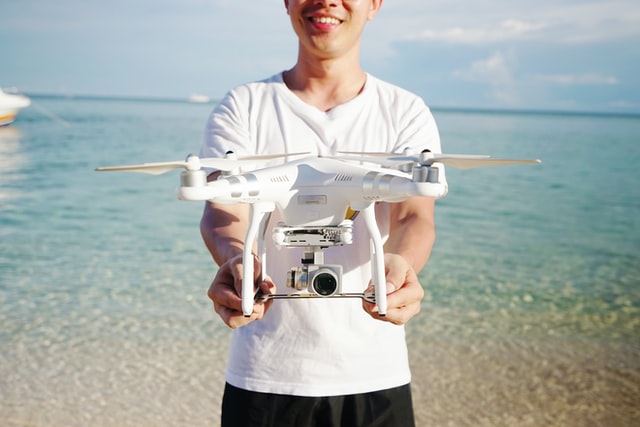
Before flying your drone, it’s essential to become aware of dos and don’ts regarding their use. Not only do you want to keep your drone safe, but you don’t want it to harm anyone or their property because of a mishap. Here, we’ll outline the safety tips that you need to know before you operate your drone.
Flying Conditions
Some days simply aren’t conducive to drone flights. For instance, it’s not safe to fly your drone on extremely cloudy or foggy days because visibility can be significantly reduced. You should have a clear line of sight when flying your drone, so that means you should avoid flying it behind large trees or buildings that prevent you from monitoring your drone with your own eyes.
Permits
In the U.S., you’ll need to register your drone with the Federal Aviation Administration. Your registration will be good for three years. The FAA also advises recreational drone operators to take the Recreational UAS Safety Test and carry the proof of passing whenever operating the drone. In fact, always carry your drone registration with you when flying your drone and label your drone with its registration number.
Drone Insurance
Currently, there isn’t a federal mandate to carry drone insurance, but many drone owners are opting to have drone policies to cover their drone’s repair or replacement. Policies may cover drones that are stolen, injure someone, or damage property. Increasingly, courts are seeing more litigation cases involving drones and accidental invasions of privacy. An insurance policy can cover you in the event that you’re sued in association with your drone use.
Check with Your HOA
Many HOAs are adopting rules concerning drone use. Your HOA may feature more rigorous regulations, for instance, than the FCC. Know your HOA’s policy for drone use. Many have privacy clauses that prevent drones from being flown in certain areas.
Learn all the Rules and Best Practices
There are many rules established by the FCC and local HOAs and municipalities regarding the operation of drones. Be sure to learn them and abide by them to not get into any legal hot water. Some standard rules and best practices to keep in mind include:
- Never operate your drone when drinking or using drugs
- Fly in an open area
- Fly at or below 400 feet
- Never let your drone interfere with emergency services
- Be aware of local “no-fly” zones
- Do not fly your drone at night
- Do not fly over people (without a waiver)
Fun Drone Activities
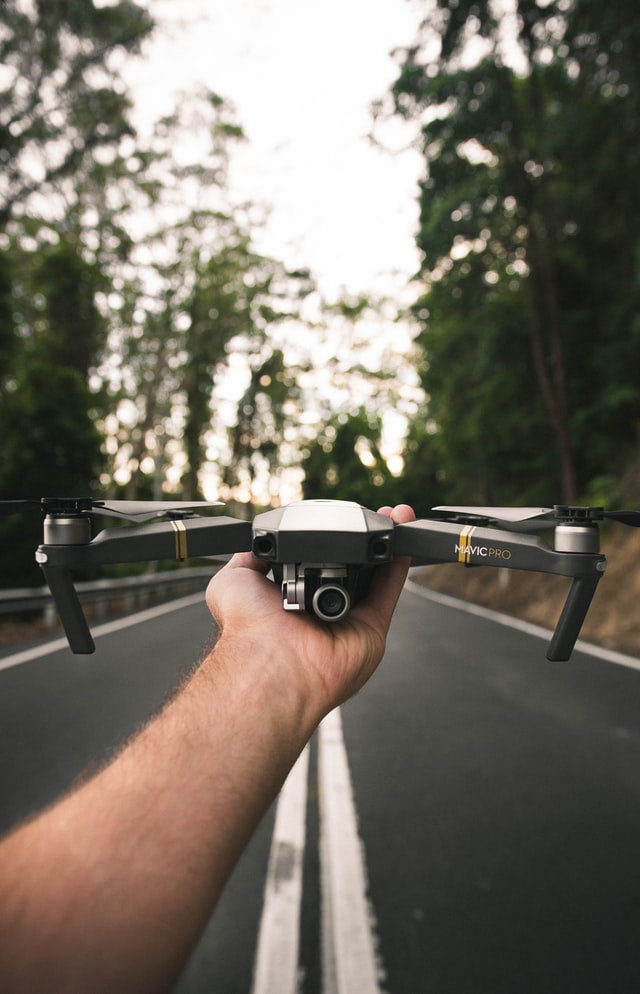
Once you get your drone and begin to navigate its operation, you’ll want to practice getting the hang of it. You might practice hovering at about 5 feet overhead and gradually increasing your height as you develop steering skills. Here, we’ve outlined some fun ways to use your drone:
Create an Obstacle Course
Creating an obstacle course isn’t just fun; it can boost your navigation skills. Increase the course’s difficulty as you improve your skill sets.
Make a DIY Drone
You mean you can make your own drone? Of course! If you have some tech savvy and are motivated to create your own custom drone, you’ll find that this type of project is a cool pastime in itself. Fortunately, there are many kits on the market today. Find one that suits your skillset.
STEM with Drones
If you and your student are getting into drones, you might check with your school’s curriculum about some fun drone activities that support STEM education. For instance, try programming your drone using code or use drones to create aerial maps.
Drone Racing and Competitions
Lots of people enjoy operating their drones. Consequently, there’s likely a drone club nearby that hosts drone events like races or other competitions during the warm weather season. Join an online drone club or forum so you can learn about local events near you.
Join a Local Drone Flying Club
Although you’ll find lots of drone clubs and forums online, you may find a club that’s local that you can attend. This is a great way to meet other people who share your enthusiasm for drones. You can share valuable tips and techniques at club meetings and events.
Aerial Photography
A photography hobby is enjoyable, but the amusement takes this pastime to an exciting new level with drones. You can practice aerial photography near your home, when hiking, at the beach, or on vacation. You’ll be able to take photos that you’d never be able to on the ground. Who knows, you might even be able to sell your photographs or create a special online gallery to display them.
Drone Equipment
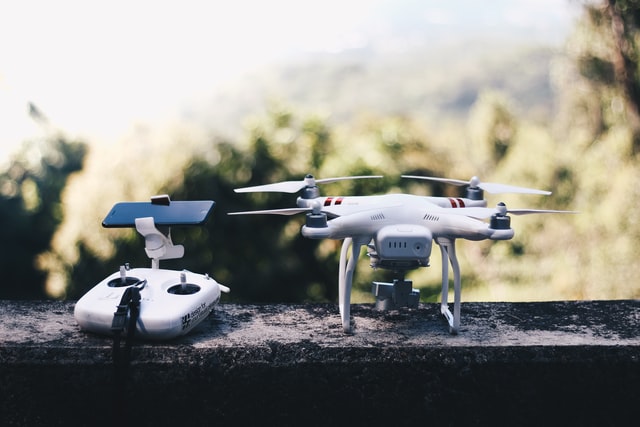
Multi-Rotor Drones
These are common drones that are great options for beginners. They are a good option for aerial photography. These drones are also ideal for hovering. On the other hand, a couple of drawbacks associated with these drones is that they are difficult to control and have a shorter battery time.
Fixed-Wing Drones
Fixed-wing drones look like tiny planes, so it’s not surprising that they’re well-known for their superb aerodynamics. These drones can cover longer distances than many other drones and fly faster than multi-rotor drones. Keep in mind that these drones can also run on gasoline (some models), so you can fly them for longer periods of time than battery-operated drones. However, they do require a runway to launch and are pricier than multi-rotor drones.
Single-Rotor Helicopter Drones
These drones can launch vertically and hover easily, which makes them popular with drone photographers. Keep in mind that the blades make these drones more dangerous, so it’s essential to have experience flying drones before investing in these pricier models.
Fixed-Wing Hybrid VTOL Drones
The latest drone technology to hit the marketplace, fixed-wing hybrid VTOL drones, is popular for commercial use because of its versatile functionality. For instance, they can make deliveries with precision. These drones combine features of other drones for more dynamic operation.
Even if you’re a complete novice when it comes to drones, you can find a beginner’s model at a low price point to try out. Many drone flyers start with an inexpensive device and replace these models with more complex drones as they develop their operational skills and increase their interest in drone flying. Be sure to rely on this guide as you peruse available drones and begin to operate them. Prioritize safety and best practices as you enjoy this pastime by yourself or with family and friends.
